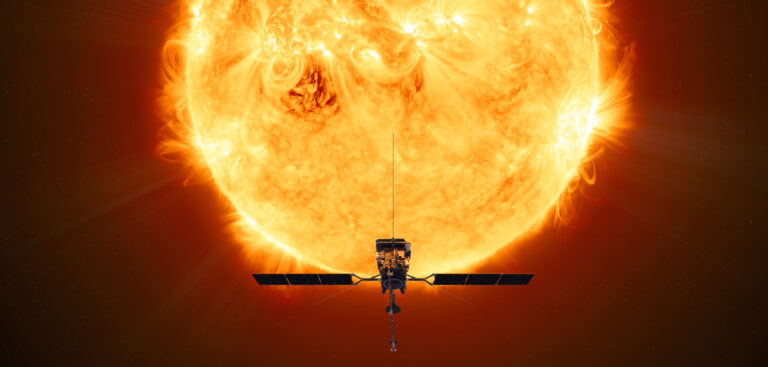A study has found that £523m (US$686m) of UK Space Agency funding into the European Space Agency Space Science Programme generates considerable benefits for UK industry.
The investment between 2000 and 2018 has generated £1.4bn of income for UK industry and a further £1.1bn from partially attributed and forecast benefits.
One of the missions in the report, Solar Orbiter, is due to launch on Sunday, February 9, and will take the most detailed images of the Sun, providing information about how its activity affects its atmosphere.
The knowledge will help improve predictions of space weather events, which can disrupt and damage satellites.
Airbus in Stevenage won the contract to design and build the spacecraft, which could become the template for an operational program to monitor and warm about space weather.
Chris Lee, chief scientist at the UK Space Agency, said, “Having a major role in space science programs is like playing in the Champions League. Technology doesn’t get much harder than this and the insights these missions offer and the skills they create permeate the entire UK space economy – supporting our leading role in areas such as telecommunications, Earth observation and weather satellites.”
In November 2019, the UK Space Agency joined ESA members in supporting a 10% increase to the overall space budget, taking the UK’s share to around £600m over five years.



